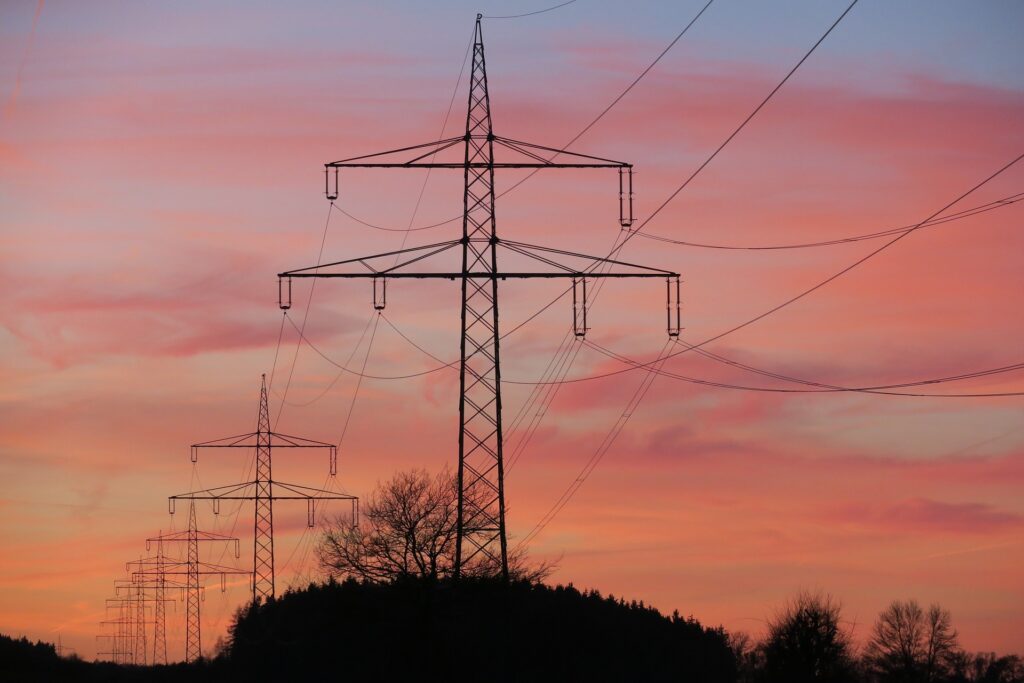Europe should brace itself for a power crunch that is set to happen “earlier than expected”, new research from Rystad Energy has claimed.
Rystad has warned that increased demand for power across the continent, exacerbated by an extreme heat wave currently impacting large swathes of Europe, will mean it is more difficult than usual for gas stocks to replenish ahead of next winter.
Vladimir Petrov, senior power analyst at Rystad Energy, said: “The point at which the crisis will bite more deeply is looking closer and closer as we head into the summer and then autumn, this is increasingly a matter of ‘when’ and not ‘if’ the crisis arrives.”
Uncertainties around gas supplies to Europe are having a negative impact on power prices which have reached €278/MWh, more than treble the price of a year ago. The supply/demand balance is also becoming very tight with winter on the horizon.
Europe’s options with regards gas, coal, nuclear and renewables filling that power gap are also reduced and costly, added Petrov.
Renewables will, however, be poised to play an increasingly important role in offsetting the impact of any absence of Russian gas this winter. Rystad expects as much as 40GW of renewables to connect across Europe by Q2 2023, taking renewables’ total capacity to 522GW – equivalent to about 22% of total power generation.
Despite continued supply chain bottlenecks and the commodity price crises, 13.6GW of utility-scale solar PV and 15.5 GW of onshore wind capacities should be added to the grid within the next 12 months, Rystad concluded.
The UK, Spain, Germany, France and Sweden will lead the pace of installation of renewables in the coming months, with the UK set to commission the largest offshore wind project in the North Sea by the end of the year, which will add 1.39GW of capacity to the UK grid.
Battery storage will have an important role in curtailing renewable intermittency with a potential 2.4GW of storage capacities installed by 2Q 2023.
One of the most notable battery energy storage system (BESS) projects is the 360MW BESS facility in Teesside and claimed to be the largest one in Europe once operational, according to Sembcorp Energy UK.





